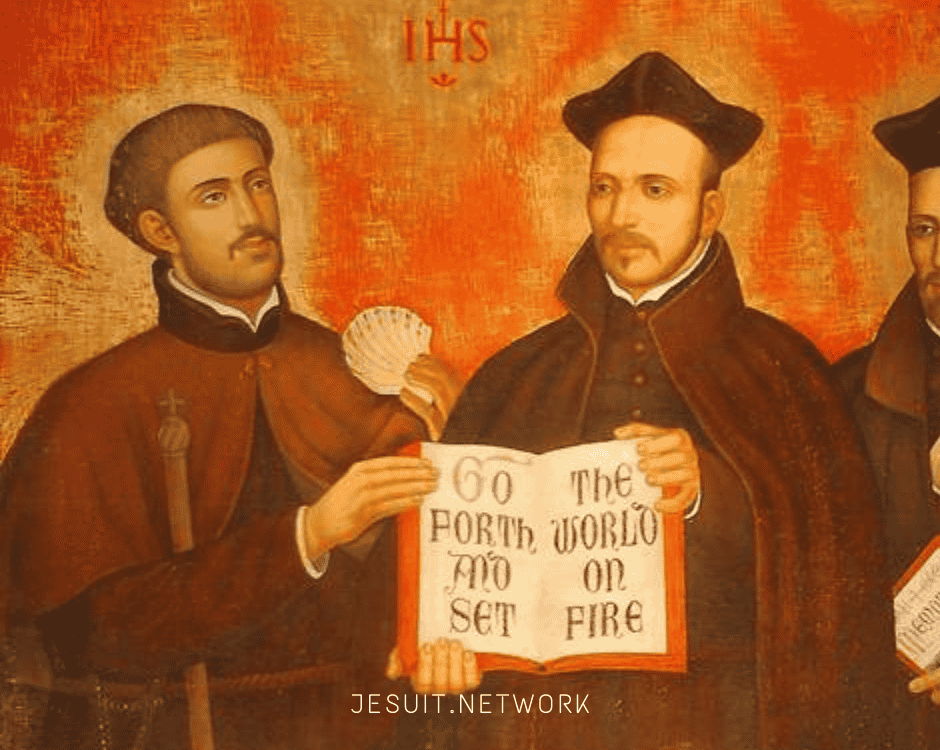Este sitio web utiliza cookies para que podamos ofrecerle la mejor experiencia de usuario posible. La información sobre cookies se almacena en su navegador y realiza funciones como reconocerle cuando vuelve a nuestro sitio web y ayudar a nuestro equipo a comprender qué secciones del sitio web le resultan más interesantes y útiles.
Reviewing the role of Jesuit universities in the areas of migration and human rights
In the context of AUSJAL Day, academics raised some of the challenges facing universities regarding social issues, among which are the need for a greater link with civil society organizations.
In 1985, the presidents of Jesuit Latin American universities decided to create a network that articulated the work of the schools. Thus emerged the Association of Jesuit Universities in Latin America (AUSJAL), which initially began as a network of university presidents and in 2000 made the leap to become a network of universities.
José Morales Orozco, SJ, president of ITESO in Guadalajara and who was president of AUSJAL from 2009 to 2013, highlighted that one of the challenges of the association is to be recognized by the university community.
To address this challenge, AUSJAL Day is held every year. This year, it took place on September 12 and was entitled “Reflections on human rights and migration from the perspective of Jesuit universities in Latin America”. The event was attended by Iliana Martinez, an academic in the Migrant Affairs Program; Gerardo Pérez, coordinator of the Institutional Program for Human Rights and Peace, as well as Carlos Peralta and David Velasco, SJ, both from the Department of Sociopolitical and Legal Studies.
Martinez presented an overview of the migratory phenomenon and the situation of refugees in the region.
She explained that almost all Latin American countries are the focus of expulsion of people, while Argentina and Chile maintain their status as receiving countries.
The scholar added that the Jesuit network works through «social centers, universities and colleges, parishes, pastoral work and volunteers, and civil society organizations.»
This work, she said, is developed in three dimensions: socio-pastoral, understood as social and humanitarian aid; research, which is carried out mainly in universities, and public and social advocacy.
She concluded that the challenges for universities are “to articulate their joint work, to achieve political clout, to have the capacity for adaptation and reaction, to improve articulation and dissemination and to obtain greater institutional support”.
Carlos Peralta highlighted the human rights forums organized by the Jesuit University System. Emerging in 1994, this is one of the longest-running projects in the world, which “gives an account of the synergistic action of universities, offering support to groups and individuals working for human rights; at the same time, this program offers a framework for statements by presidents and institutions”.
The coordinator of the Institutional Program for Human Rights and Peace stressed that it is important to understand human rights as cultural products that are the fruit of past struggles and that “the caravans of migrants are new forms of social rebellion”, and therefore it is necessary “to transcend mental borders that we have built to block out the foreigner.”
David Velasco, SJ, reflected on the human rights crisis in the country, stressing figures that, on average, cast seven feminicides, 78 executions and 10 disappeared daily in the country, adding to those who experience torture, pederasty and the trafficking in organs and persons.
Velasco stressed that it is not normal for fundamental rights to be violated and pointed out that it is important for the university to work harder on this problem and to achieve a reversal of the problem so that “the mourners may come”.
The AUSJAL network is currently made up of 30 universities in Latin America and aims to develop joint projects to foster the integral development of its students and the growth of the region.
Read the original article.
Photo: Roberto Ornelas





